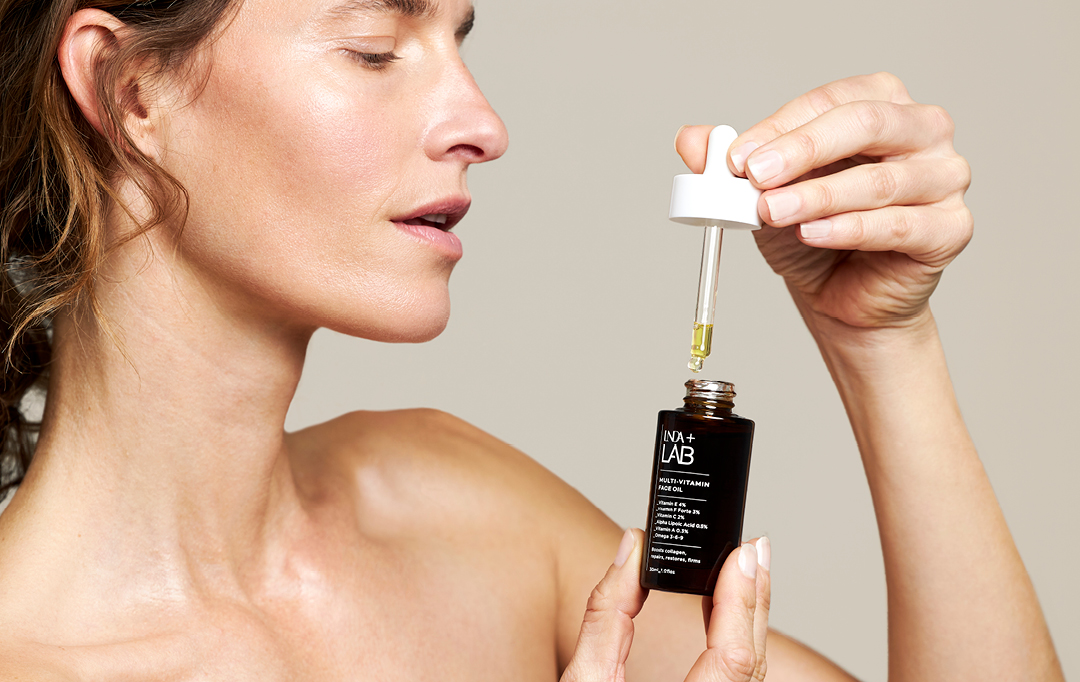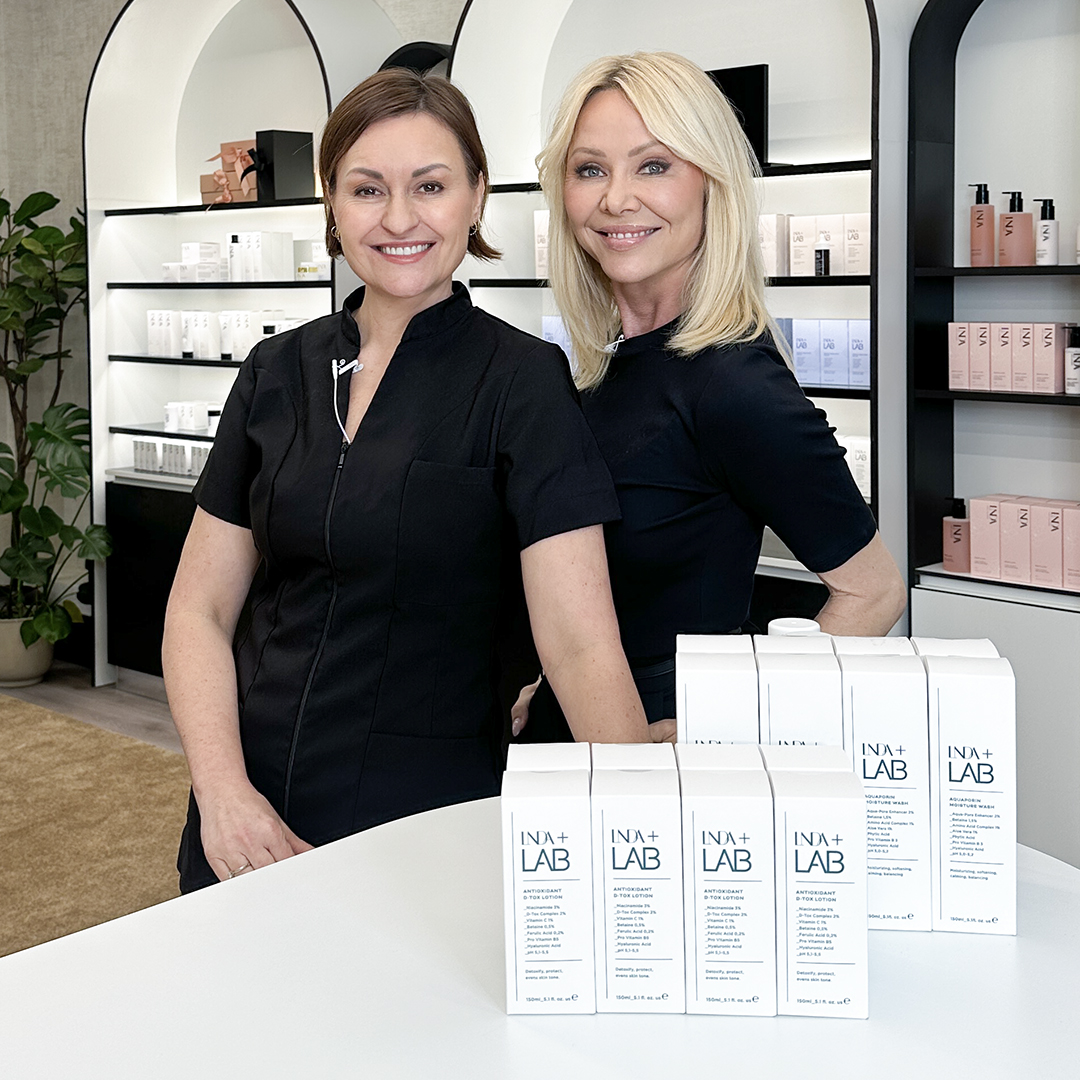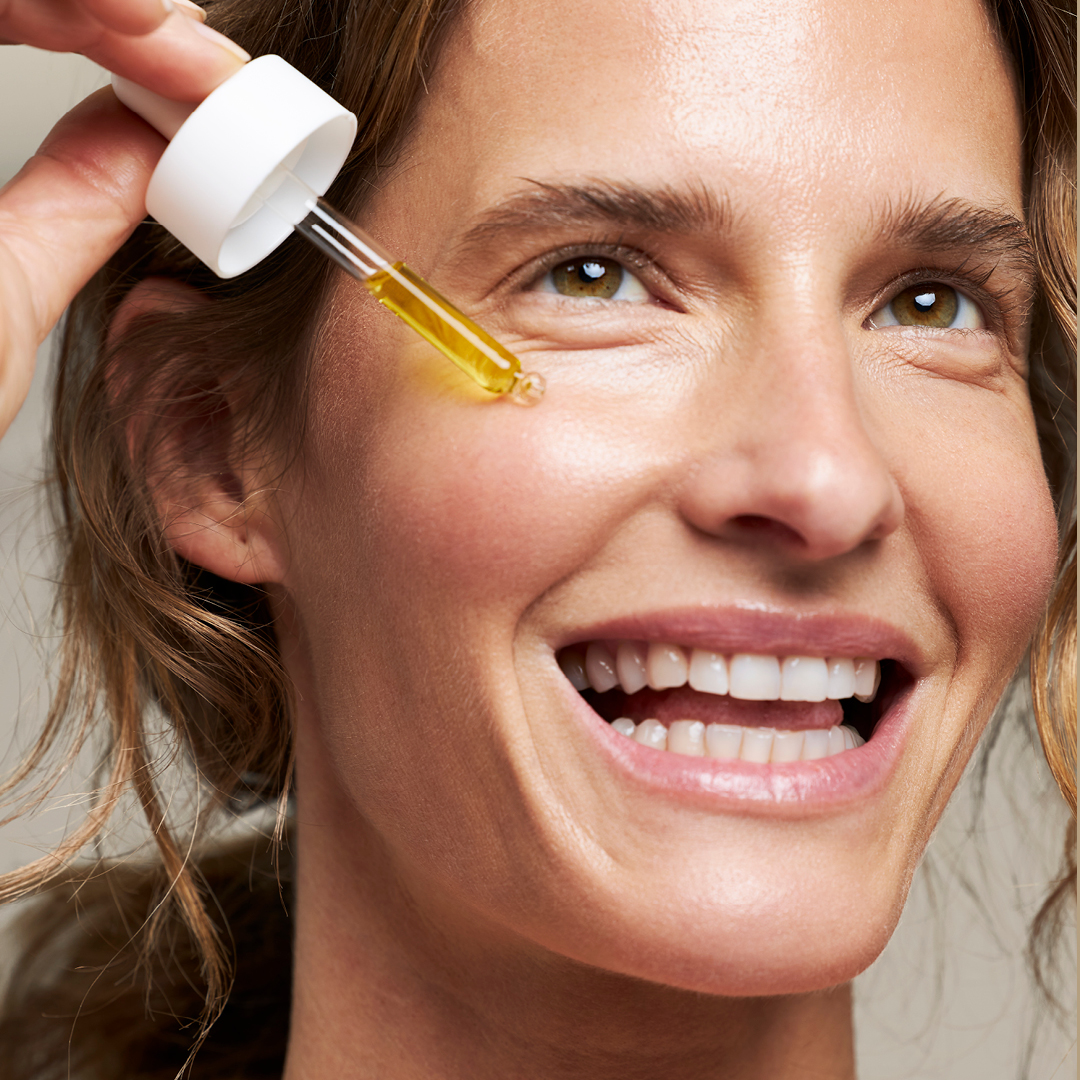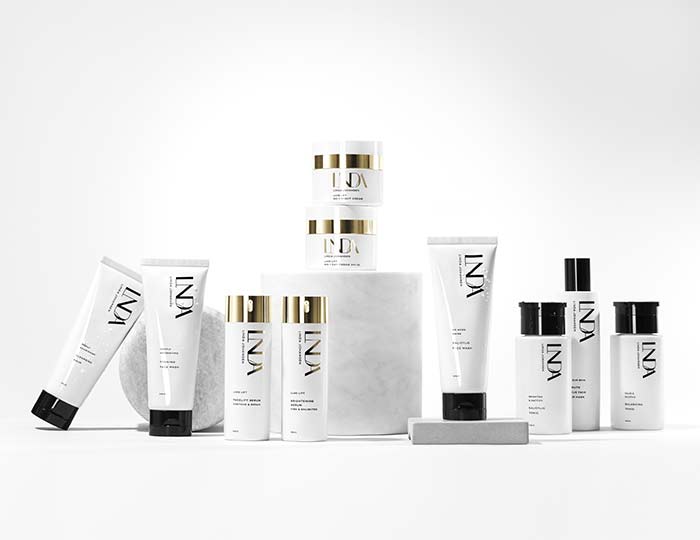The ABCs of Skincare

Which vitamins are good for the skin and why?
Do you have a healthy and varied diet, and get plenty of vitamins and other nutrients? Then you might think that that was enough to get healthy skin. There is no doubt that a healthy lifestyle helps to have healthy and fresh skin, but unfortunately, the skin takes a back seat when the body distributes nutrients such as vitamins.
Fortunately, skin care products enriched with vitamins have been shown to have a good effect, as long as the products are of good quality.
Many skin care products are enriched with vitamins. Here you can learn about which vitamins you should use on your skin and how they work.
Vitamin A
There are many types of vitamin A, collectively known as retinoids. The best known is retinol, but all retinoids are good for the skin.
Vitamin A has the following skin-improving properties:
Increases cell renewal
· Removes dead skin cells
· Combats acne
Strengthens skin and blood vessel walls
· Reduces pigment spots
Reduces lines and wrinkles
Evens out skin tone and texture
Retinol is the most effective form used in skincare, but can be a bit too strong for sensitive skin. In that case, you can use other vitamin A, such as retinyl palmitate or plants with similar properties, such as bakuchiol.
Vitamin B
There are also several types of B vitamins that are good for the skin. The most commonly used are B3-niacinamide and provitamin B5-panthenol. Their properties are slightly different:
B3 – niacinamide
Reduces large pores
Strengthens the skin barrier
· Protects against free radicals
· Regulates sebum production
· Prevents and reduces pigment spots
· Reduces redness and gives a more even skin tone
· Binds moisture in the skin
B5 – panthenol
· Softening
· Anti-inflammatory
· Promotes the healing process
Strengthens the skin barrier
Vitamin C
This is the “glow vitamin” and a superb antioxidant. Vitamin C has been used in skin care for many years and is well documented. Here too, there are several types, with ascorbic acid being the most well-known and effective. Unfortunately, this is an unstable and difficult ingredient to formulate. Therefore, it is extra important to ensure that the vitamin C product you choose is of good quality.
Increases collagen production
Reduces age spots
· Protects against free radicals
Reduces damage from UV radiation
Improves skin renewal
Prevents drying out
Applying vitamin C under sunscreen increases cell protection. Make it a habit to do this before going out in the sun.
Vitamin D
This vitamin is formed in the skin when we are out in the sun and daylight. It is a myth that the skin is unable to form vitamin D if you are wearing sunscreen. In other words, you do not have to wait 15-30 minutes before applying sunscreen for your skin to get enough vitamin D, as was previously believed.
Vitamin E
This is also an antioxidant, which protects cells from damage. Vitamin E is a fat-soluble vitamin, which is widely used in skin care products. The form we most often see is tocopherol/tocopherol, which has many good properties:
· Nourishes and softens
· Protects against free radicals
Prevents moisture loss
· Reparative and anti-inflammatory
· Reduces signs of aging in the skin
Vitamin F
This is not actually a vitamin, but a mixture of the omega 3 and omega 6 fatty acids linoleic acid and alpha linolenic acid. These are plant extracts that have many good properties on our skin:
- Strengthens the skin barrier
- Has a softening effect
- Antioxidant
- Provides moisture and plumpness
Can you combine skin care products with vitamins?
Yes! Finally, enough research has been done on this to be able to give a clear answer. Previously, there has been doubt and skepticism about mixing and using several products with vitamins at the same time. Some have even advised against using vitamins A and C in the same skin care routine. It now turns out that this only has advantages, such as the antioxidant effect being enhanced by using several different vitamins on the skin at the same time. If you are sensitive to active skin care ingredients, you can be a little careful and gradually get used to it.
At LNDA, we focus on quality through the use of proven ingredients. You can feel completely confident that you will find products with the right vitamins – which can be mixed together – for your specific skin type with us.
Do you have questions about products for your skin?
- Take the skin test online
- Book a skin consultation
- Email customerservice@lindajc.com
- Call 09234 weekdays 9-15



